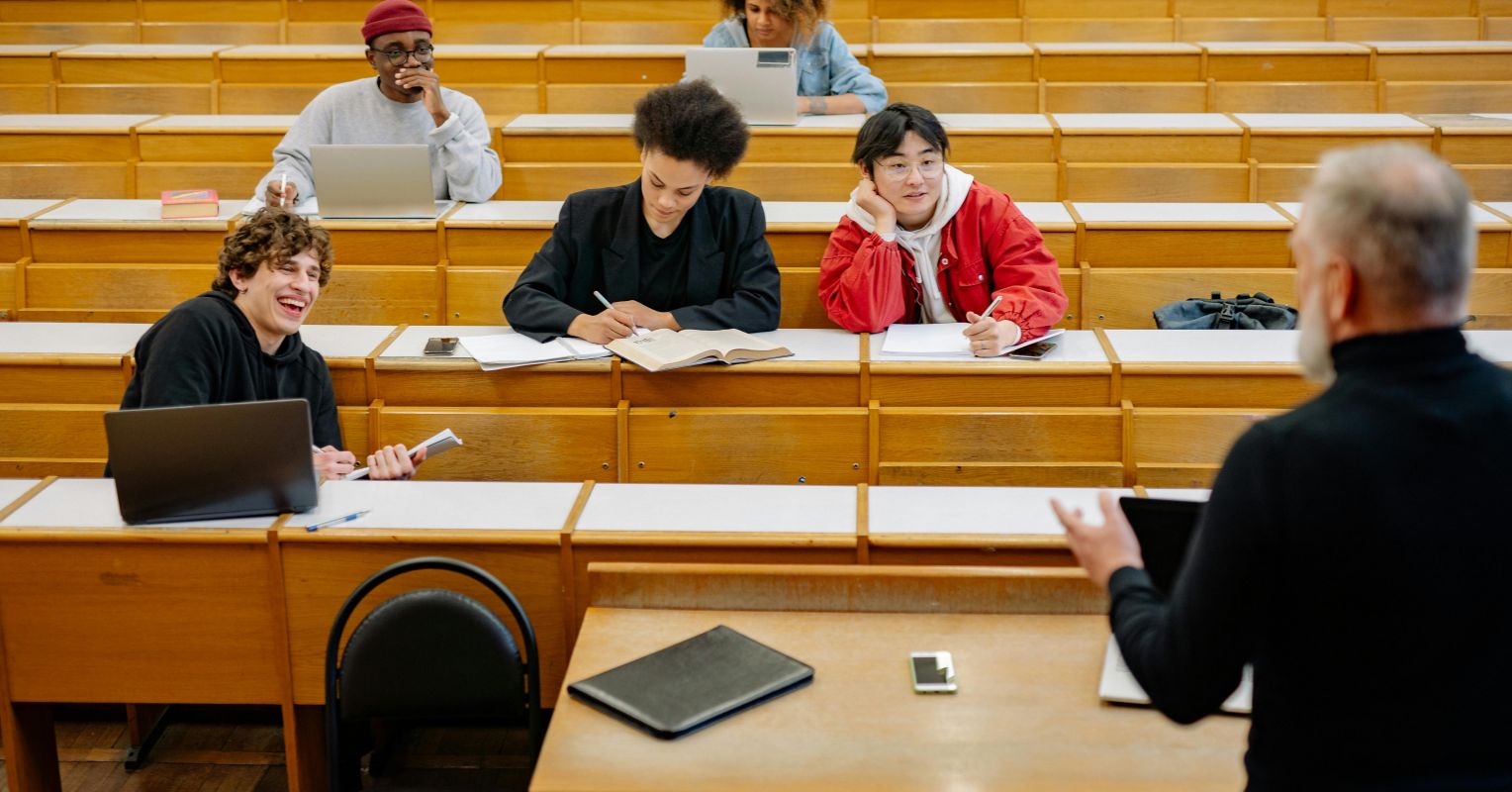Recent news stories reveal that hearing loss is a risk factor for dementia. As an autistic person, I have long been aware that differences in our sensory systems can be terribly disabling. Hearing is an obvious example, but autism, ADHD, and dyslexia also illustrate that, and now all are associated with cognitive disability too.
Our sensory systems do deteriorate as we age. For older people, going blind or deaf is a terrifying prospect. The added threat of dementia makes it worse. Yet partial blindness and deafness are parts of aging. So are loss of taste and smell.
The news that deafness increases the odds of cognitive decline is predictable. Any time you can’t perceive things as those around you do, you become the odd man (or woman) out.
In autism, I may see something as funny, whereas you see it as sad, and my response offends you. In deafness, you hear something and I don’t, and you react and I don’t, leading you to assume I don’t care. In both cases, we have a failure of interaction, and both of us lose. As the rejected party (that is, the one with autism or deafness), we tend to suffer more.
Whether this happens to us as children or as adults, the more interactional failures we have, the more we withdraw. Children with autism and other developmental differences often withdraw in childhood.
Some learn workarounds or Coping strategies, as I did. When that happens, we can emerge from disability. Others do not, and they move into adulthood isolated, disconnected, and with cognitive deficits that are often regarded as permanent.
Recent studies suggest autistic people can become more disabled in old age, becoming “more autistic,” even if they previously lived independently and successfully. Social disconnection in old age with the potential for cognitive loss presages even greater disability later in life. All the reasons for that are not clear, but to many autistic and otherwise neurologically different people, that is worrisome.
Stories about late-life hearing loss and dementia paint a similar picture. As our ability to comprehend speech fades, we disconnect from other people. We stop attending gatherings, or learn to nod and smile when we can’t understand what someone is saying to us.
Disconnection leaves us forgotten, whereas polite smiles often lead to judgments of “pleasant but not very sharp.” As this worsens, we have less opportunity to exercise our cognitive powers, and just like physical strength in aging, if you don’t use it, you lose it.
Whether you lose cognitive abilities because you are more autistic, can’t hear anymore, or can’t see well enough to get out, the result is much the same.
I am fairly widely known as an autistic person—what many refer to as neurodivergent today. I’m not so well known for being partly deaf, but that is true and getting worse. After years of working with loud rock and roll bands, and experimenting with guns, explosives, race cars, and power tools, it should come as no surprise that I had significant hearing loss in my 60s.
Testing by a local audiologist revealed that my ability to hear fell off a cliff at a frequency of 4,186Hz, corresponding to C8, the highest key on a piano. Synthesizers can play an octave higher, and as you move up, my hearing fades enough that I can’t hear anything a few keys higher. That’s a lot of the audio spectrum to lose, and it happened invisibly over the years.
The obvious answer, which hearing aid manufacturers do, is to boost the highs. But the audiologist showed me that my degree of loss would require boosting them more than 100-fold, and that would be dangerous—like a sonic knife cutting into my ears.
Yet those higher tones are important. They contain the sibilance that makes speech understandable (the s’s and t’s at the ends of words, for example) and the crispness of music. Now I could see why I had trouble making sense of conversation in a noisy space.
The advent of digital signal processing allows hearing aid makers to separate out audio that’s too high-pitched to hear. They can lower the frequency, which renders it audible. When I heard the result, it was like magic—voices and music came alive again.
Another processing step uses AI-enhanced voice recognition technology to identify speech and lift it above the sound field around us, making voices even more understandable. In a noisy room, these two technologies allow me to understand most of what’s going on, compared to almost nothing before. It’s not perfect, but it’s way more than before.
Readers who know of my prior work in audio engineering can probably sense how important this is to me. The techniques the best hearing aids use are generations beyond what I worked with in the 1970s but the underlying math is the same. I’m amazed the hearing aid makers have shrunk that computing power into aids small enough to sit invisibly atop my ears.
Advanced technology can now stave off the worst effects of hearing loss-induced disability for a large fraction of our aging population. This is something that creeps up on all of us, and if you’re over 55 and reading this, that means you.
Cognitive decline—whatever the cause—is one of the worst things in aging, and hearing loss is one place where we have effective tools that will help many of us. Yet hearing industry studies suggest little more than 10 percent of people who could benefit do.
That’s in part because hearing loss happens so slowly that we often don’t recognize what’s gone. But we suffer from the loss, whether we know it or not. (When you consider New Year’s resolutions, perhaps it’s worth adding a hearing check.)
We have not traditionally thought of hearing loss through the lens of psychology, but it affects our behavior and now, as we see, our cognition. The same is true for our other senses. I look forward to technology doing for many of us what decades of therapy, psychiatric meds, and medical research have not: relieving disability through science and technology.













